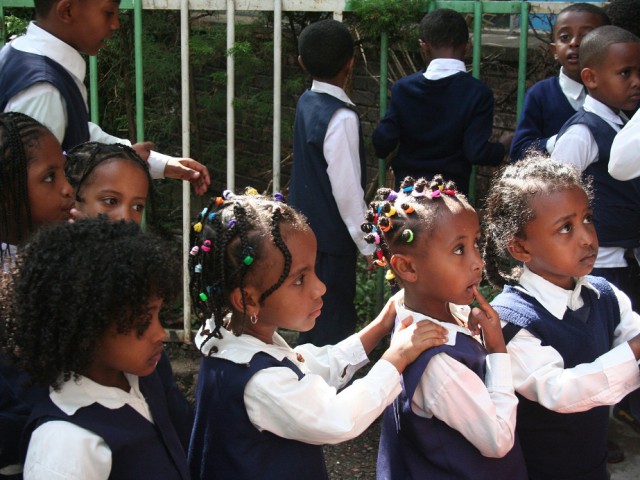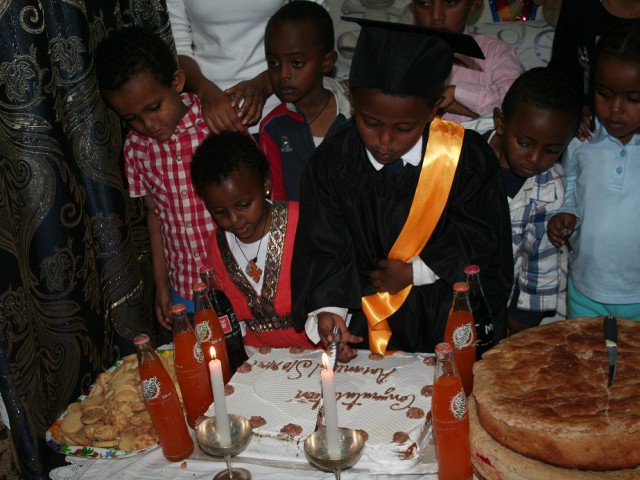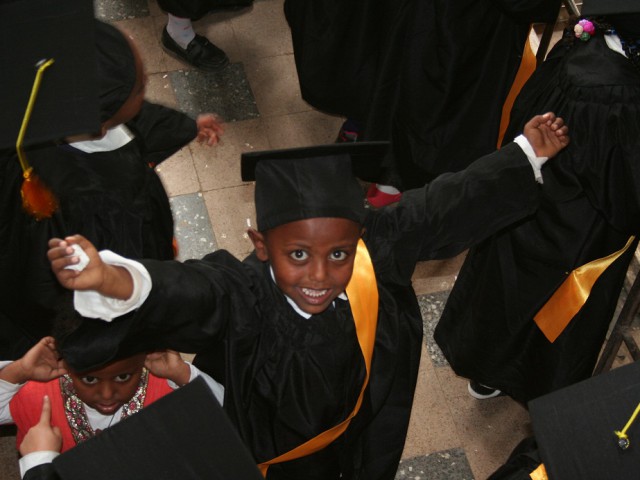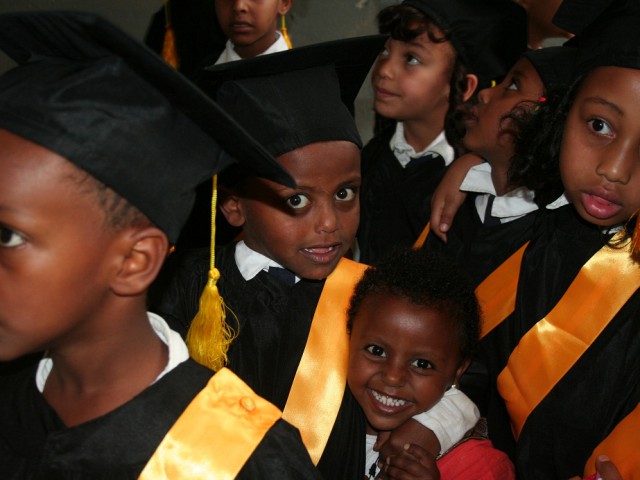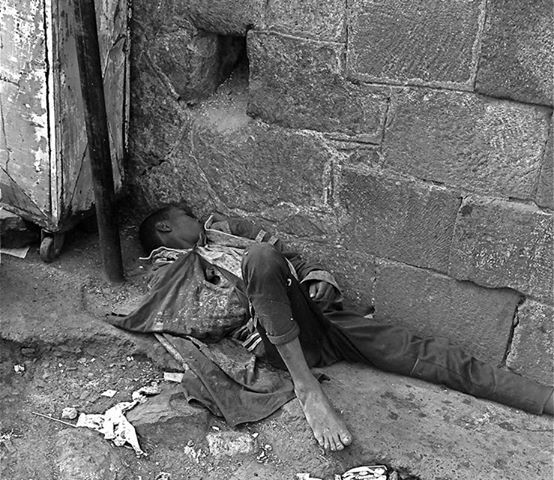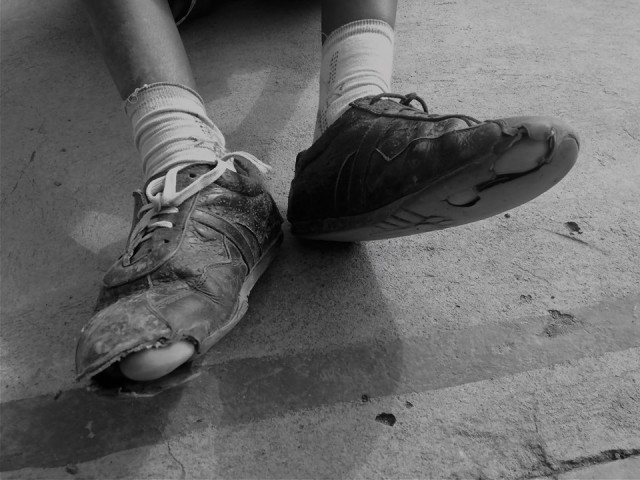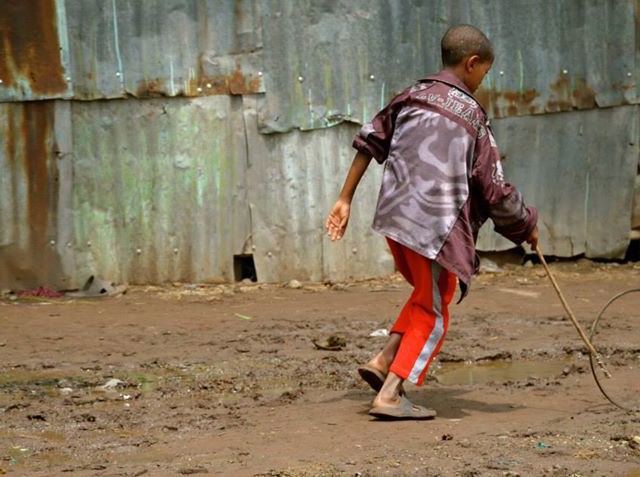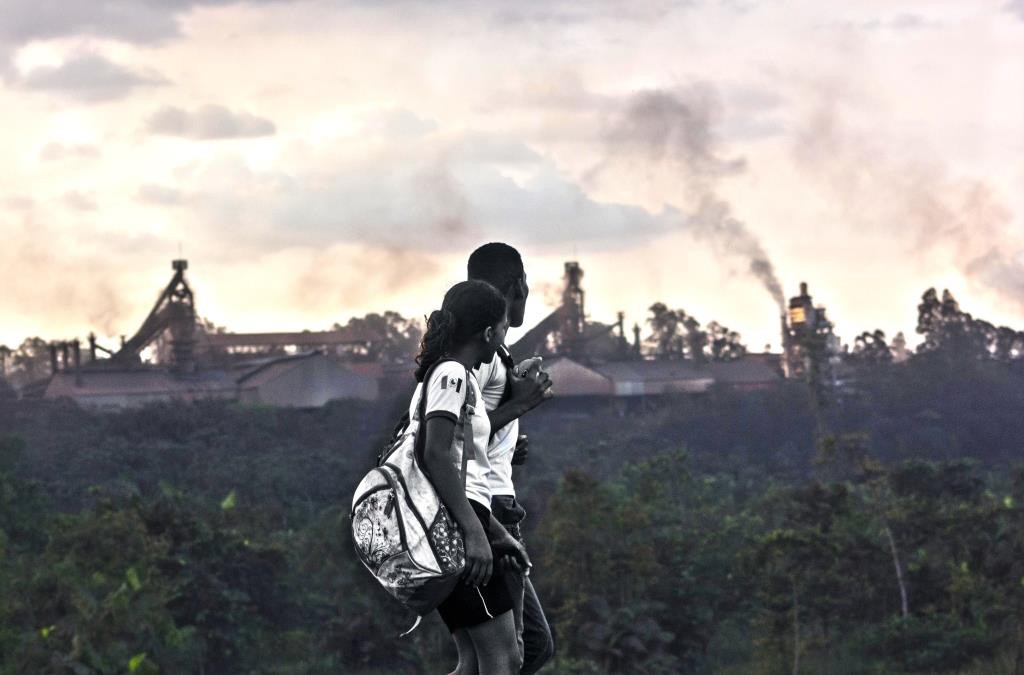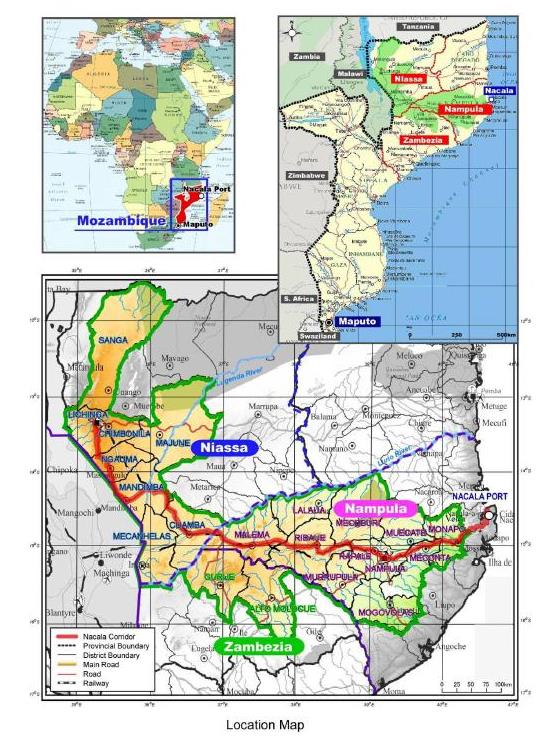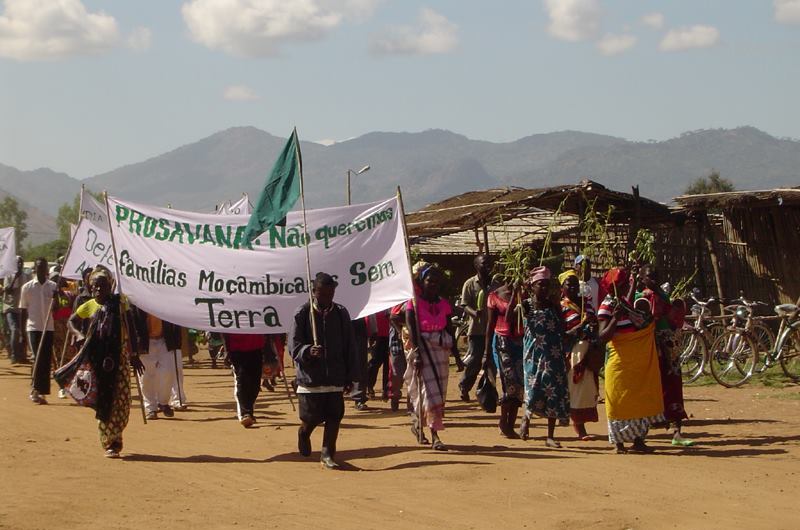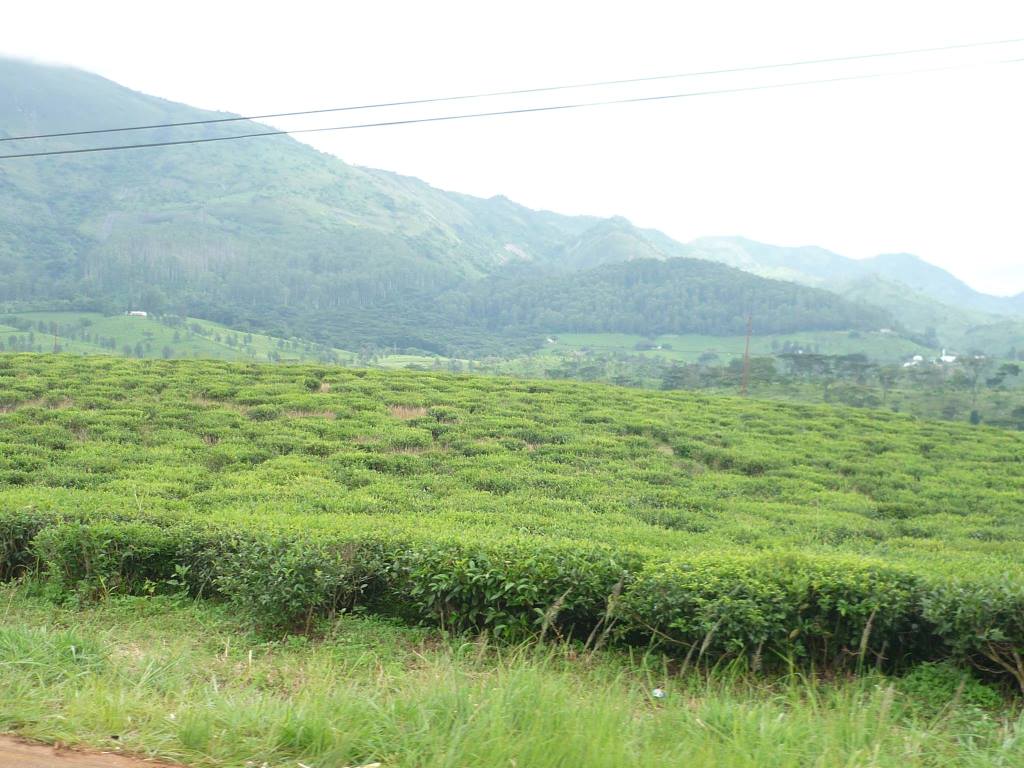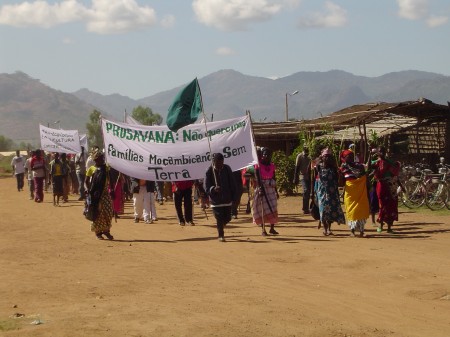 We, the peoples of Mozambique, Brazil and Japan, mobilized and engaged in the
We, the peoples of Mozambique, Brazil and Japan, mobilized and engaged in the
Peoples articulation, have been monitoring and following closely the Triangular Cooperation Program for the Development of Agriculture in Mozambique’s Tropical Savannah, commonly known as ProSavana. An initiative which, given its design and potential impacts, raises a lot of concerns regarding peasant agriculture, environment and human rights. In the months of April and May 2015, we observed and participated in the “Public Hearing of ProSavana’s Master Plan Draft Zero”, convened by Mozambique’s Ministry of Agriculture and Food Security and executed at district and provincial levels.
This document reflects and expresses the three Peoples profound indignation and discontent regarding this public hearing process, specially regarding the way these meetings were planned, convened and held. The undersigned are peasant, social and environmental movements and civil society and religious based organizations, which jointly, have been organizing advocacy and resistance building actions in different fronts for a common cause: to protect and defend the rights and the sovereignty of peasants, who are the majority of those living in the Nacala Corridor region, and therefore, those who will be affected the most by the plan and circumstances of the program.
Within this framework, the 1st and 2nd Peoples Conferences where organized by the three Peoples in 2013 and 2014, following the Open Letter to Stop and Think about ProSavana, which was addressed to the President of Mozambique, the President of Brazil and the Prime Minister of Japan in 2013. During this period, every time he was inquired about it, Mozambique’s former Minister of Agriculture and current Minister of Agriculture and Food Security, would inform us that ProSavana’s Master Plan was being elaborated and once it was done, it would supposedly be disclosed and timely discussed in meetings with organizations and stakeholders.
For everyone’s surprise, almost two years after, and without the promised meetings and any effort whatsoever to share information with the organizations of the three countries, the Government of Mozambique, through its Ministry of Agriculture and Food Security and in representation of Brazil and Japan’s governments, convened and held the so-‐called “Public Hearing Meetings Of ProSavana’s Master Plan”, from the 20th to the 29th of April 2015 in 19 district headquarters and in some administrative posts in the Provinces of Niassa, Nampula and Zambezia. In the capitals of these three provinces, the meetings took place on the 30th of April in the city of Quelimane, May the 8th in Lichinga and 13th of May in Nampula. Scheduled for the 12th of June, the national meeting, in Maputo, is the only one missing.
Let it be known that the publication of “ProSavana’s Master Plan Draft Zero”, which has been suffering delays for over two years, takes place one month after the governments of Mozambique and Brazil signed a controversial agreement for the facilitation and protection of brazilian investments in Mozambique, one of the conditions that were required by brazilian companies, promoted by ProSavana.
These so‐called public hearing sessions come as a response from the governments of Mozambique, Brazil and Japan to criticism and sovereign demands of Nacala Corridor communities, civil society organizations and peasant movements who say no to ProSavana and demand, since 2012, that the definition of agricultural development priorities in the country be made through the establishment of a democratic, transparent and inclusive dialogue. On the other hand, these public hearing meetings happen in a context where the three governments seek, by any means necessary, to legitimize ProSavana in order to justify the fact that they have already built in the Nacala Corridor the pillars for the development of large-‐scale agriculture, among which: soil and plant laboratories and test fields of new varieties of monocultures like soy in Nampula and Niassa. They have also arbitrariously created “local beneficiaries” through “pilot projects”. It is known that the soil and plants laboratory is due to be inaugurated on June the 8th 2015 by the President of Mozambique, Filipe Jacinto Nyusi.
The “Master Plan Draft Zero” public hearing process was tainted by many serious irregularities which, yet again, confirm the prevalence of incurable design and procedure vices in the ProSavana program, that should, therefore, be publicly and widely denounced by the Mozambican, Brazilian and Japanese civil societies, and others.
Mobilized and engaged, we, peasants, members of communities in the Nacala Corridor, civil society organizations and religious‐based organizations, despite the very serious barriers imposed on us by the organizers, took part and observed almost all meetings. We witnessed:
1. The omission of the juridical and legal basis of the “public hearing”. In all meetings, neither the representatives of ProSavana nor the Mozambican government knew for sure the juridical and legal framework that guides this process of public consultation of ProSavana Master Plan, ignoring the legal instruments that define the procedures that guide public consultations and ensure maximum disclosure, broad democratic participation, availability and the access to adequate information, representation, independence, functionality, negotiation and responsibility.
2. Violation of constitutional principles by demanding the prior registration of all participants
The need for prior registration as a requirement for participation in the public hearing sessions, announced by MASA and the newspapers, conditioned the wide and free participation of farmers under the socio‐ political and economic circumstances of the rural areas. When sessions took place, organizers allowed participants without registration to attend, but this hadn’t been announced, and in some places in the Province of Nampula, stakeholders without invitation and registration were sent away, against all public participation principles constitutionally established.
3. Obstruction to the participation of peasant and civil society organizations.
The public hearings were characterized by its serious delays, its limitation and selection of participants and its unannounced changes of date, time and even location, with particular incidence in the provinces of Niassa and Nampula. This also limited the participation of representatives of peasant and civil society organizations. There was an incident where, to obstruct their participation, a representative of the Economic Activities District Services (SDAE, in its original Portuguese abbreviation) informed the representatives of these peasant and civil society organizations of a fake location for one of the meetings.
4. Bigger participation of previously selected public servants and ruling party representatives, to prevent the intervention of participants with doubts about the program.
Despite being a public hearing, the customised distribution of invitations and the limited access granted to the general public, contrasting with the prioritized participation public servants (such as state administration workers, nurses, teachers, police officers, and the Ministry of Agriculture and Food Security employees), FRELIMO party representatives and their social organizations, namely: Mozambican Women Organization (OMM), Mozambican Youth Organization (OJM) and; local businessmen and community leaders. This resulted in an insignificant number of peasants in the hearings. There was also the case of peasants being selected and instructed to intervene, whereas other peasants, whose positions are against ProSavana were prevented from speaking.
5. Previous backstage meetings were held to mobilise and manipulate local participants to backup ProSavana.
The public hearing sessions were preceded by secret planning meetings, organized by local government and held behind closed doors. Their objective was to instruct and prepare previously selected participants to speak in favour of ProSavana. Attempts were also made to intimidate and force those peasants who raise doubts and pose objections to ProSavana.
6. Intimidation and oppression environment set by the presence of armed security forces. Threat and persecution of peasants who expressed doubts and concerns regarding ProSavana.
The presence of uniformed and armed security forces caused fear to participants and established an oppressive environment. Some sessions, such as the ones held in Mutuali, District Malema, were followed by the persecution, oppression and intimidation of representatives of local peasant organizations, who raised concerns regarding ProSavana. These peasants are being forced by district level government (who threatens to put in jail those who refuse to participate) to go door-‐to-‐door in communities to promote Prosavana.
7. Impossible consensus regarding the contents of the “Master Plan Draft Zero” due to the text’s lack of availability, time and inappropriate and distorted explanation.
“Master Plan Draft Zero” – the document discussed in the public hearing meetings – was made available through the internet and was reportedly made available to district and province level governments. However, for the vast majority of those affected, the access to a copy of the document is at a great distance and the document itself is bulky (204 pages) and technical, requiring plenty of time for careful analysis, what makes of it an inaccessible and inadequate piece of information for the vast majority of the target audience of these alleged public hearing meetings. In this sense, the information shared at these meetings was biased and insufficient for an informed discution, and inappropriate and distorted from the Master Plan’s content to manipulate the participants.
Bare in mind that the observations made to this document by organizations and academics of the three countries, have already been set out in various other press releases1 shortly after the completion of the meetings. In these documents, it is concluded that MASA grossly violated articles 6, 7 and 8 regarding the principle of maximum disclosure, the principle of transparency and the principle of democratic participation established by the Information Act, by failing to publish and dissiminate the “Press Release” dated March 31st 2015, “about the public hearing of ProSavana’s Master Plan Draft Zero”. It also violated the seven basic principles of public participation processes, as established by the “General Directive for the process of Public Participation in Environmental Impact Assessment Processes” through Ministerial Diploma Nr 130/2006 of July 19th. The Directive establishes: a) The principle of availability and accessibility to adequate information and the possibility of learning during the process, including technical support; b) The principle of wide participation; c) The principle of representation; d) The principle of independence; e) The principle of functionality; f) The principle of negotiation; and g) The principle of responsability2.
The principle of representation states that “in the hearing or consultation processes, all specific segments of civil society and other stakeholders, particularly those directly affected, must be represented. It is mandatory to ensure the participation of, at least 20% of the universe of people affected from the areainfluenced by the activity. In case meetings are held away from the geographical insertion area, the participation of at least 50% of institutions/organizations directly concerned or interested in the matter, must also be guaranteed.” The principle of negotiation establishes that it should “be understood as an approaching mechanism to divergent interests and a way to establish the foundation of trust between affected and interested parts, which should contribute to the dissemination of information about the consequences of the activity and the ways of minimizing them, as well as the repercussions of the activities implementation. It should also help to manage and reduce conflicts of interest between different social groups.” The principle of responsibility states that “the process of public hearing and consultation should represent in a loyal and responsible manner, the concerns of all stakeholders in the process.” Under a technical and methodological point of view, “ProSavana’s Master Plan Draft Zero” presents incurable vices. A preliminary analysis shows only some specific problematic aspects:
1. Agriculture of local peasants as the main culprit for all problems
The document reveals that its proponents are unaware and profoundly ignorant of the context, barriers and priorities for the development of agriculture in Mozambique. “ProSavana’s Master Plan Draft Zero” assumes agricultural productivity as the main goal, however, when sizing the causes of low productivity points to fallow agriculture as the main factor. Such a conclusion is misleading, manipulative and sits in a very biased and erroneous scientific basis, for fallow agriculture is the main factor in the conservation of soil fertility and through it we increased productivity, as several studies have found through the gains obtained in the last two decades in corn, beans and peanut crops.
2. Negative consequences based on the perspective of “cash crops” such as soybeans.
The document is based on the perspective of cash crops, such as soybeans and cotton, contract farming, massive and intensive use of agro-‐chemicals and fertilizers; systems that have caused serious violations of human rights, the environment and ecosystems, land rights, security and food and nutrition sovereignty and exploitation of peasants by the business chain in Brazil, where a similar program is being implemented.
3. Neglect of essence of the Land Law and FAO’s FGGT to allow the usurpation of land for investment.
The document targets fallow agriculture by attributing individual titles of land to peasants who set and limit their fields. The individual land titles and “the use of Agricultural Responsible Investment Principles (IAR)” are designated as the only solutions “preventing land grabbing”. But the Land Law, which is considered the most “pro-‐peasant in the world” today, establishes and protects the peasants rights to use the land, without individual securitization, and reinforces the importance of this law. But the document does not mention, nor care about this. Also, this version of ProSavana’s Master Plan, completely ignores the “Voluntary Guidelines for a Responsible Governance of Land Tenure, Fisheries and Forests” (FGGT), developed by the United Nations Food and Agriculture Organization (FAO) with various organizations of peasants and Civil society in the world, tormented by IAR problems. These facts were intentionally excluded from the materials used in the hearing process and left unexplained, but representatives of ProSavana and local governments emphasized that ProSavana and its Master Plan are the only solution to avoid the usurpation of land. But a careful analysis of the Draft Zero shows clearly that the Master Plan has the ultimate aim to find land to promote investment, ie, is a land grabbing mechanism that is intended to be legitimized by public policy.
Faced with all these facts, we, the Peoples of Mozambique, Brazil and Japan, subscribers of this appeal, express our deep concern and indignation and reject the intentional disorganization, politicization, exclusion, lack of transparency, intimidation and manipulation of the public hearing meetings of “ProSavana’s Master Plan Draft Zero”, led by representatives of the Ministry of Agriculture and Food Security (MASA) and district level governments involved, and the apparent responsibility withdraw attempts by the Japanese and Brazilian governments and their agencies of international cooperation: the Japanese International Cooperation Agency (JICA) and the Brazilian Cooperation Agency (ABC) in this critical moment, despite so many promises of honouring that responsibility.
Thus, we come forward to report the whole process of disclosure and the public hearings of ProSavana’s Master Plan Draft Zero, including the violation of participants human rights and;
- We demand from the Governments of Mozambique, Japan and Brazil the immediate restitution of the human rights of the participants of the hearings;
- We demand the immediate invalidation of the public consultations or hearings held between the 20th and the 29th of April in the provinces of Nampula, Niassa and Zambezia, including the provincial level ones which took place on the 30th of April and on the 8th and 13th of May 2015.
- We also demand that the three Governments take responsibility with the mandates delegated to them by the three Peoples, ensuring strict compliance with the law.
Finally, we reiterate our readiness and our invitation and call on all movements of peasants, environmental and social, civil society organizations, rural communities and all citizens in general for a wide mobilization, engagement and organization of a common front of resistance against ProSavana. While united Peoples, we will continue engaged in the fight against inequality, environmental, social, economic and political injustices, and in the defense of human rights and interests pertaining to access and control of land, water, forests, air, property and cultural and historical heritage.
Maputo, June 4, 2015
Signatory Civil Society Organizations and Social and Environmental Movements:
1. Associação de Apoio e Assistência Jurídica às Comunidades (AAAJC) – Mozambique
2. Acção Académica para o Desenvolvimento das Comunidades Rurais (ADECRU) – Mozambique
3. Africa Japan Forum (AJF) – Japan
4. Advocacy and Monitoring Network on Sustainable Development (AMnet) – Japan
5. Alternative People’s Linkage in Asia – Japan
6. Amigos da Terra – Brazil
7. Amigos de la Tierra (COECOCEIBA) – Costa Rica
8. Articulação Internacional dos Atingidos pela Vale – Brazil
9. As Filhas da Caridade de S. Vicente de Paulo – Brazil
10. Associação Moçambicana de Amor à Justiça, Paz e Solidariedade (AMAJPS) – Mozambique
11. Association for the Taxation of Financial Transactions for the Aid of Citizens (ATTAC) – Japan
12. Associação Ambiente, Conservação e Educação de Moçambique (ACEM) – Mozambique
13. Blue Planet Project – South Africa
14. Centar za životnu sredinu/FoE Bosnia and Herzegovina – Bosnia and Herzegovina
15. Comissão Episcopal para Migrantes, Refugiados e Deslocados (CEMIRD) – Mozambique
16. Comissão Justiça e Paz Arquidiocese de Nampula – Mozambique
17. Comissão de Justiça e Paz da Diocese de Nacala – Mozambique
18. Concerned Citizens Group with the Development of Mozambique – Japan
19. Confederação Nacional dos Trabalhadores na Agricultura (CONTAG) – Brazil
20. Council of Canadians – Canada
21. CSO Network – Japan
22. Earthlife Africa – South Africa
23. Eat Locally, Live Locally Akita – Japan
24. Federação de Orgãos para Assistência Social e Educacional (FASE) – Brazil
25. Federação Nacional dos Trabalhadores e Trabalhadoras na Agricultura Familiar /CUT – Brazil
26. Federation of Farmer’s Unions of Japan – Japan
27. Friends of the Earth Japan – Japan
28. Fórum Mulher – Mozambique
29. Globalization Watch Hiroshima – Japan
30. GRAIN – Canada
31. GroundWORK – South Africa
32. HUTAN Group
33. Instituto Brasileiro de Análises Sociais e Econômicas (IBASE) – Brazil
34. Instituto de Estudos Socioeconômicos (INESC) – Brazil
35. Instituto Equit – Brazil
36. Instituto Políticas Alternativas para o Cone Sul (PACS) – Brazil
37. Japan Center for a Sustainable Environment and Society (JACSES) – Japan
38. Japan Family Farmers Movement “NOUMINREN” – Japan
39. Japan International Volunteer Center (JVC) – Japan
40. Justiça Ambiental (JA) – Mozambique
41. Justiça Nos Trilhos – Brazil
42. Justiça Global – Brazil
43.“Justiça, Paz e Integridade da Criação” do Instituto dos Missionários Combonianos – Italy
44. Liga Moçambicana dos Direitos Humanos (LDH) – Mozambique
45. Livaningo – Mozambique
46. Marcha Mundial das Mulheres – Mozambique
47. Mekong Watch – Japan
48. Movimento de Atingidos por Barragens/Via Campesina (MAB) – Brazil
49. Movimento de Mulheres Camponesas/Via Campesina (MMC) – Brazil
50. Movimento de Pequenos Agricultores/Via Campesina (MPA) – Brazil
51. Movimento de Trabalhadores Rurais Sem Terra/Via Campesina (MST) – Brazil
52. Mura-‐Machi Net – Japan
53. No! to Landgrab – Japan
54. NPO WE21 – Japan
55. NPO WE21 Hiratsuka – Japan
56. NPO WE21 Kanagawa – Japan
57. ODA Reform Network – Japan
58. People’s Dialogue – South Africa
59. Plataforma Provincial das Organizações da Sociedade Civil de Nampula – Mozambique
60. Rainforest Rescue – Germany
61. Rede Brasileira pela Integração dos Povos (REBRIP) – Brazil
62. Rede de Mulheres Negras para Segurança Alimentar e Nutricional – Brazil
63. Robin Wood– Germany
64. Rural Women’s Assembly (RWA) – South Africa
65. South Durban Community Environmental Alliance – South Africa
66. The Timberwatch Coalition – South Africa
67. União Nacional de Camponeses (UNAC) – Mozambique
68. WE21 Zama – Japan
69. Womin on Mining – South Africa
1 http://farmlandgrab.org/post/view/24909-‐processo-‐de-‐auscultacao-‐publica-‐do-‐plano-‐director-‐versao-‐zero-‐ doprosavana;http://farmlandgrab.org/post/view/24893-‐exigimos-‐a-‐suspensao-‐e-‐invalidacao-‐imediata-‐da-‐auscultacao-‐publica-‐ do-‐plano-‐ director-‐do-‐prosavana; http://farmlandgrab.org/post/view/24805-‐pronunciamento-‐urgente-‐protesto-‐e-‐pedidos-‐ sobre-‐o-‐processo-‐da-‐ divulgacao-‐e-‐do-‐dialogo-‐da-‐versao-‐inicial-‐do-‐plano-‐director-‐do-‐programa-‐prosavana; http://farmlandgrab.org/post/view/24926-‐emergency-‐request-‐for-‐re-‐constituting-‐public-‐consultation-‐process-‐about-‐the-‐ formulation-‐of-‐the-‐ master-‐plan-‐of-‐the-‐prosavana-‐program
2 https://adecru.wordpress.com/2015/05/11/exigimos-‐a-‐suspensao-‐e-‐invalidacao-‐imediata-‐da-‐auscultacao-‐publica-‐do-‐plano-‐ director-‐do-‐ prosavana/#more-‐343




